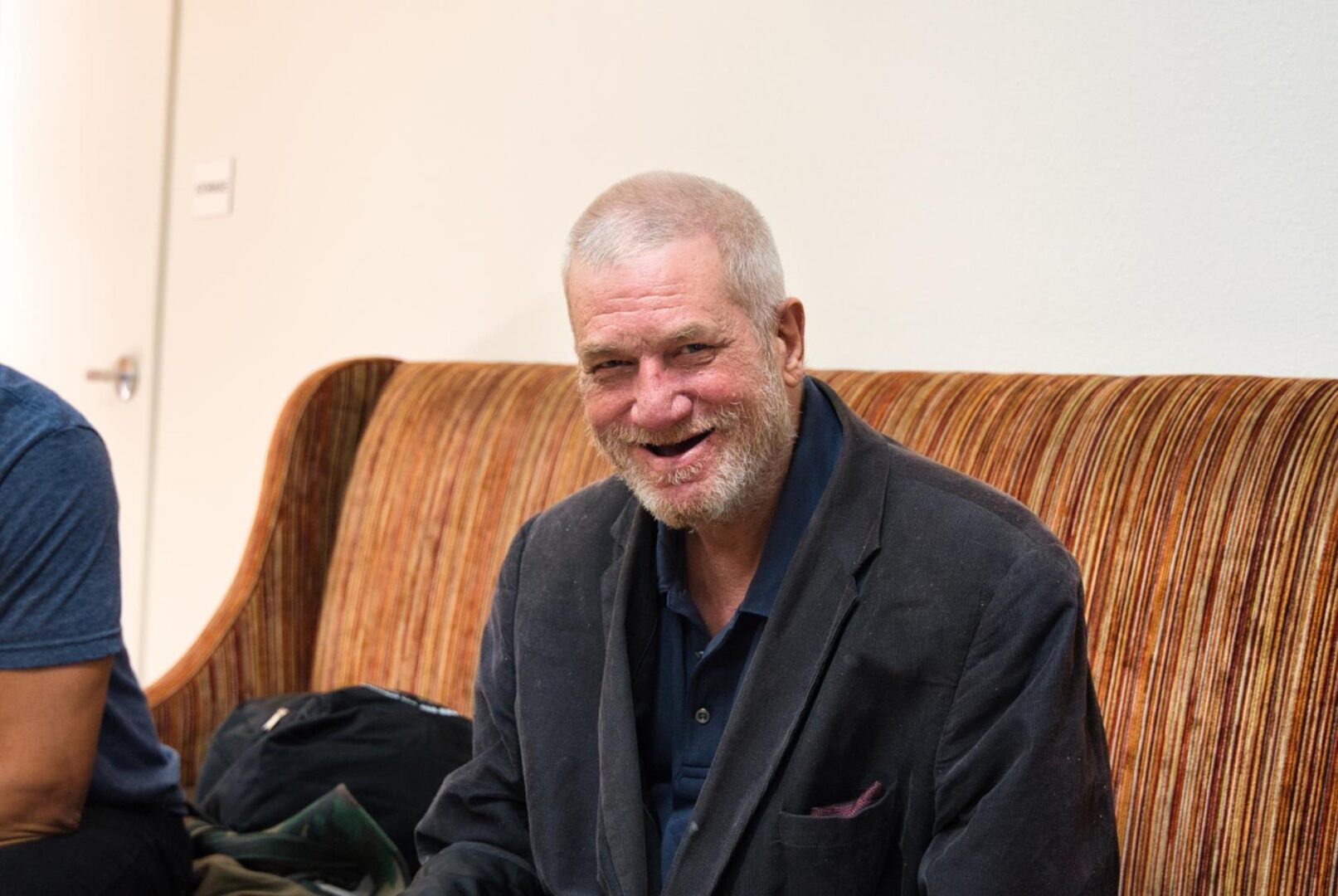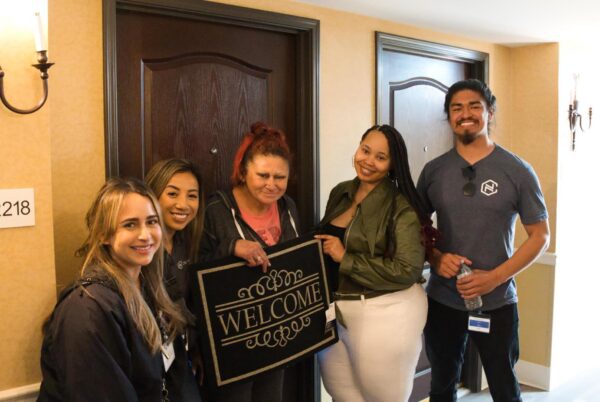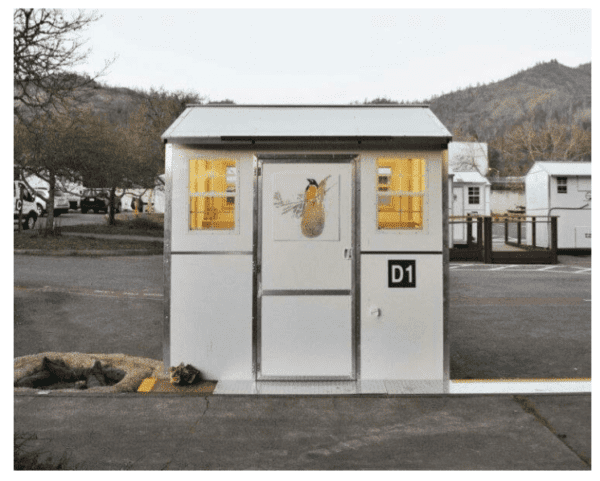While this year’s Point-In-Time census showed a 12% increase in Riverside County’s homeless population, Corona officials announced recent progress toward moving unhoused residents off of the streets and into permanent housing.
A 60% decrease in the number of homeless residents compared with 2019’s population of 164 — and the recent placement of 50 individuals in the 52-unit Vista Dorada permanent supportive housing facility — highlighted the successful track on which the city’s 2020 Homeless Strategic Plan appears to be heading.
“Homelessness is not unique to Corona, but what is unique is Corona’s approach,” Mayor Tony Daddario said in a statement last week. “We have strategically built public/private partnerships, allowing us to create a compassionate, complete, and wrap-around plan to address the complex issue right here in the city of Corona.”
The Corona Homeless Solutions Team is at the forefront of the city’s plan to house its homeless residents, but a wide range of municipal, county and nonprofit agencies play integral roles, said Karen Roper, homeless solutions manager for the Corona-Norco region and chair of the Riverside County Continuum of Care.
Roper detailed the multistep process for housing the homeless:
“It’s been a collaborative effort between the city of Corona, the county housing department and (nonprofit) Abode Communities since the fall of 2022,” Roper told the Corona News Press. “We have been meeting weekly because there’s a process involved to take folks that are long-term chronically homeless from the streets or in our motel shelter program into permanent housing. It may seem like a long time but to qualify for permanent supportive housing, we have to get folks to get a doctor diagnosis for disabilities — a physical disability, a chronic health disability, a substance use disorder or if they’re living with mental illness — plus a certification that they are long-term homeless. That’s the first level of paperwork, and they have to be referred through the county’s coordinated entry system.
“Then from there they get referred to the county’s housing authority for the next step, which is voucher rental assistance,” Roper continued. “What that means is that the people who are living there pay 30% of their income toward rent, and then the housing authority pays the rest. …
“The next step is an application, which requires the completion of forms,” Roper said. “We have to get their Social Security card, their ID, if they have SSI we have to get proof of that, proof of assets. … It takes a while to help them get that paperwork completed.”
Officials identified these partner agencies that along with the Corona Homeless Solutions Team were involved in the recent placements at Vista Dorada — the Corona Police Department’s HOPE Team; City Net and Mercy House, which are contracted nonprofits; the Riverside County Housing & Workforce Services Department; the county’s HomeConnect Team; “nonprofit developer” Abode Communities; and Centro Medico Community Clinic.
A $13 million grant from the state’s Project Homekey provided most of the funding for the Vista Dorada placements, Roper said. Another $2.5 million came from Riverside County’s federal American Rescue Plan Act funds, and Corona put up $80,000 of the city’s federal housing funds to cover security deposits for the newly placed, formerly homeless tenants.
In addition to covering rent and security deposits, the funding also paid for $500 “move-in kits,” which include bedding, appliances and other household items to help residents settle into their housing units.
“We have a program called Make-It Cozy, it’s a warehouse which is run by a volunteer,” Roper said. “The volunteers help us to assemble kits. So the volunteer groups worked with City Net and ordered all the things like sheets, towels, blankets, dishes, a welcome home mat, pillows, all the stuff that people need like a toaster and coffee maker. … They assemble the kits, then they deliver them to the people that are living in the housing.”
Roper explained the “unique” level of collaboration that is resulting in the city’s declining homeless population, as the recent Point-In-Time Count data indicates.
“That’s the other thing that made it unique — a lot of times with these types of housing developments, the clients are on their own to try to figure out how to fill out all that complex paperwork,” Roper said. “We had City Net help them fill out the paperwork, took them to the Social Security office, took them to the DMV.
“When we needed the doctor’s verification, I called the CEO of Centro Medico Community Clinic because they’re going to be our partner on-site with our shelter, and I said, ‘Hey, Andy, can you please set up a streamlined process in your clinic? We need to get 10 disability verifications today to meet this deadline for getting these people referred for the housing project,'” Roper recalled. “He said, ‘No problem.’ He assigned someone at his clinic … (and) they got the clients fast-tracked — in one day we got 10 disability verifications.”
Roper described her role as “quarterbacking all of the partners to clear the highway to get people into housing really fast. That’s what made this such a successful project. We’re talking about people that are in the grips of mental illness, drug addiction and chronic health, people that normally die on the streets, are in and out of hospital ER rooms or in and out of jail or in and out of detox.”
Roper anticipated Vista Dorada will be fully leased by formerly homeless apartment dwellers by mid-June and noted the city’s other ongoing efforts to reduce homelessness.
“When Corona signed up for this homeless strategic plan, we signed up to serve our residents, but our city can’t … finance sheltering and housing needs for a county that’s 7,300 square miles,” Roper said. “If each city has its own resources and partners with the county and the state, imagine the quality of life would be dramatically improved if they had ‘A-to-Z,’ systems-oriented plans to address homelessness.”
Paul, a new Vista Dorada resident who signed his lease in April, was previously living in a nearby park and shelters.
“My feet froze, that was scary,” he said in a video posted on the city’s website, “A friend took me to a halfway house, put me into a shelter so I wouldn’t freeze to death. It saved my life.”
On his new apartment at Vista Dorada, Paul added, “I have a place of my own, I get to bathe, I’m really excited.”
On May 31, the city will host a grand opening celebration for a 40-bed shelter at 420 W. Harrison St.
More information on Corona’s efforts to reduce homelessness is available at www.TheRoadHome.CoronaCA.gov or by emailing HomelessSolutions@CoronaCA.gov.








